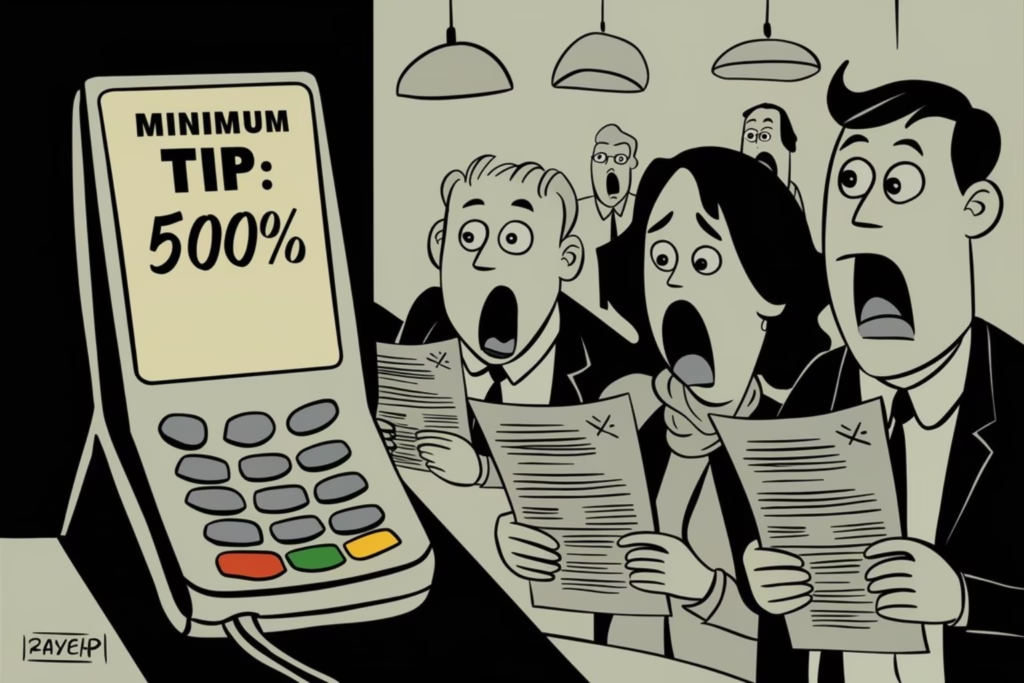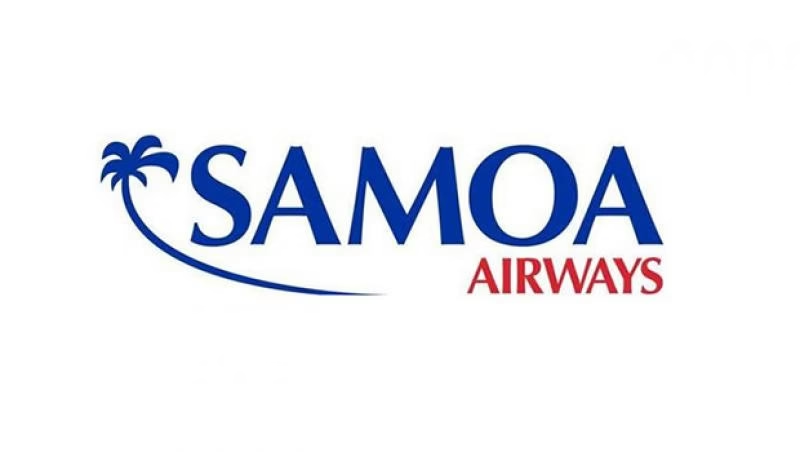Tiping is dead.
At least you and I understand it. A compulsory 20 percent gratuity on every restaurant food? Compulsory tips for housekeepers, consucers and tour guides? Kiss them goodbye.
And if you want to know why, just ask the Gerry Hather.
Like many Americans, she is tired from the point of view that all service workers are entitled to a tip. She became exaggerated with point-off-cell terminals talking about a gratuity before serving her food. But the last straw then was when the restaurant began to add automatic gratuity to its bills for its “convenience”.
“I don’t give any more tip,” Mesa, a retired nurse of the anris, says the hather.
American is known for his generosity and desire to tip for good service. But a recent poll of USA Today found that 63 percent of the respondents say that many businesses are seeking tips, and are tired of being asked for gratuity from 48 percent.
In another survey, about the same number of Americans (62 percent) said that they would not suggest service workers at the end of the year, according to the digital individual finance company. The Region? Tip fatigue.
Why Americans have adequate
Carla Bewins, an expert at Business Management Communications at the Taper School of Business of Carnegie Melan University, says the increasing number of Americans believes that expectations for gratuity are unfair. And this changed the public attitude towards gratuity.
She explains, “The speed behind the No-Tipping Movement stems from the growing investigation on the need for fairness and traditional tipping practices,” she explains.
To talk about it to people such as Ian Duncan, this is a reaction to the widespread attitude of eligibility in the hospitality industry. This is a tip jar at coffee shops, laundromat and grocery stores. It is to pay a gratuity before receiving food or service.
Duncan, the owner of a small business in Toronto, recently booked a cruise. But when he received his challan several weeks before his departure, the cruise line added more than $ 200 to the automatic gratuity in his bill.
“This is done to me,” they say. “I canceled the journey and asked for my deposits back.”
Duncan says that he wants to decide which and when to tip – or if it should be tipped – and when a company believes it likes it. They also suspect that employees will receive any automatic gratuity added to their bills, which is a legitimate concern. Even etiquette experts say the time has come to talk about excessive gratuity.
Jodi RR Smith, a etiquette expert with Manarsmith etiquette consultation, says, “Tipping develops over time, and we are long over the time to see the legal and social norms to pay the employees.” “Expecting from individual consumers is not a long -term plan for economic success to tip generously at every turn.”
Even service workers agree that it has gone far away
Even those who depend on tips understand that things are far away. (I wrote about this problem for the first time 12 years ago, and it is just worse.)
Mike Aguire, a blues guitarist who performs in the Caribbean, blames new terminals who try to extract a tip from the mentor before receiving their food.
He says, “Except for a tip before receiving your order, it seems before time – no service has been provided yet, but is an important element of the crime involved,” they say.
It really deteriorates. In Latin America, the restaurant server comes to your table with a portable payment system and asks you to enter a gratuity when looking. Talk about pressure!
But people like Aguire are likely to suffer due to understandable gratuity backlash. Many service workers are dependent on gratuity to live. Before the food is served or to squeeze a tip from the customer under the attentive eye of your server, it is hardly the staff’s fault. But employees are likely to pay for these misleading policies.
Even etiquette experts have limited their gratuity. Etiquette advisor Rachel Wagner says that he is now in the hotel self-servant snack bar (even when there is a tip jar), in the restaurant where you order at the counter, and do not suggest the food kiosk of the airport. (Related: Should you tip your flight attendant?)
“When the terminal shows me the tipping option, I choose ‘no tip’,” she says. She calls this type of tips a “antitalement” and says that she is not worried about the response from a service worker.
“All this person has done for me, take my money and keep my belongings in a bag,” she says. “There is no need to tip!”
How to avoid tipping
The fact is that, most service workers continue to rely on tips, and many believe that you should always give up a gratuity. But there are ways to remove this unexpected obligation.
- Go to no-tipping business. Some hotels and restaurants advertise themselves as “no tips”. The easiest way to avoid gratuity – and encourage other companies to adopt intelligent policies on gratuity – to give their business to these companies. An Indian restaurant dinner in Thatu in Chicago, which pays a competitive wage to its servers and does not solve the tips. Or Casa Bonita, Lakewood, Colo. In Mexican Restaurant, which does not accept gratuity.
- Get out. When you take -out, no proper person expects your restaurant worker to tip. So one way to avoid leaving a gratuity is to get your next restaurant food.
- Refuse to tip. You can also send a message to a business about tipping by putting zero in the tip line. Retired nurses, who have stopped handing over gratuity, say that service workers’ response has been one of the resignations. It seems that they know that the system is broken, but they do not know how to fix it.
We find appropriate number of questions about gratuity through our non -profit consumer advocacy site, and usually advise people that handing over dollars bills to service workers is a personal decision.
Future: Gratuity based on good service
When it comes to gratuity, the future can look a lot like the past. Passengers say that they do not think it is appropriate that they should subsidize the salary of a service worker with mandatory gratuity. But they prefer traditional ideas to provide a service worker a little extra for extraordinary service.
Hather says that she is still open to reward good customer service with a gratuity. But she will not again out of liability for more than 20 percent of her bill.
“Tiping must be based on extraordinary service,” she says. “This is not an eligibility.”
Also read:
The biggest hidden airline time to curb junk duty
How to be safe and healthy enjoying beach holiday



